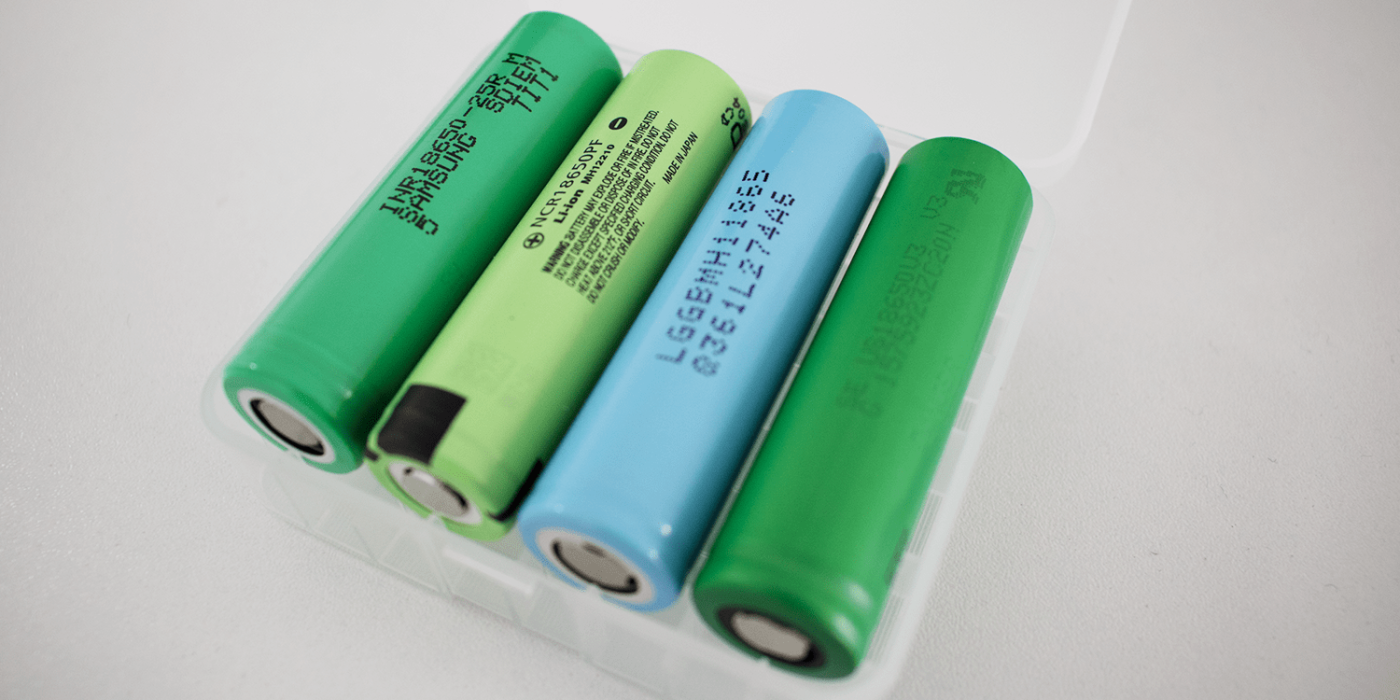Europe’s battery cell plans in numbers
Germany’s Federal Minister for Economic Affairs and Energy, Peter Altmaier, wants to have about 30% of global battery production in 2030 take place in Europe. What this would entail in terms of factories is described below.
Altmaier further stated that multiple consortiums are being set up to make this goal happen. Next to the 30% target, this was the main takeaway from the minister and EU energy commissioner Maroš Šefčovič at an e-mobility conference in Berlin. Neither specific names nor locations were mentioned, but it was said that this would be released around the end of the year.
A key question here would be regarding the actual numbers of batteries concerned; this question remained unanswered in the press conference. This would answer how many gigawatt hours will be needed to provide 30% of the global market, as well as how many factories would have to be active by 2030 to reach that target.
If we extrapolate from Tesla’s numbers, we can reach an estimate for Altmaier’s ambitious target. The Californians plan to reach a production capacity of an annual 35 GWh in the Nevada Gigafactory with their partner Panasonic. The last expansion had been to 20 GWh, which shows how quickly manufacturers are increasing their targets.
It is estimated that a total global production of 175 GWh will be reached by 2020. This would be about five times the production levels in 2016, and an estimate from expert opinions at the conference could put the global production at 1,200 GWh by 2025, according to electrive.net. According to the same experts, the battery production could grow to 3,000 GWh by 2030, which would mean that the 30% Altmaier and Šefčovič hope for would be a cool 1,000 GWh. If we take Tesla’s Gigafactory as an example here with 35 GWh, Europe would theoretically need about 29 such factories to satisfy 30% of global demand.
Europe’s ambitious plans for battery cell production are a bit behind if these numbers can be relied on – construction and investment efforts over the next twelve years would have to be immense. Of these projects, none have begun at this point, so it remains to be seen how quickly the EU can get mobilized for e-mobility.
electrive.net (In German)





1 Comment